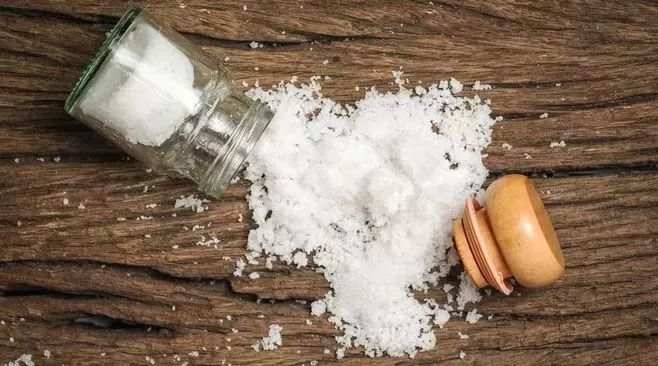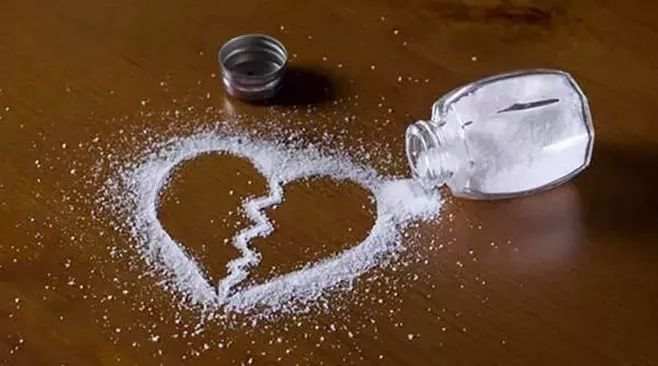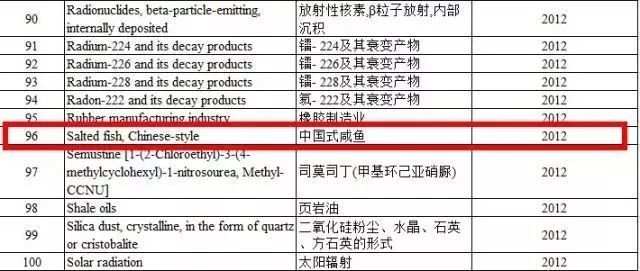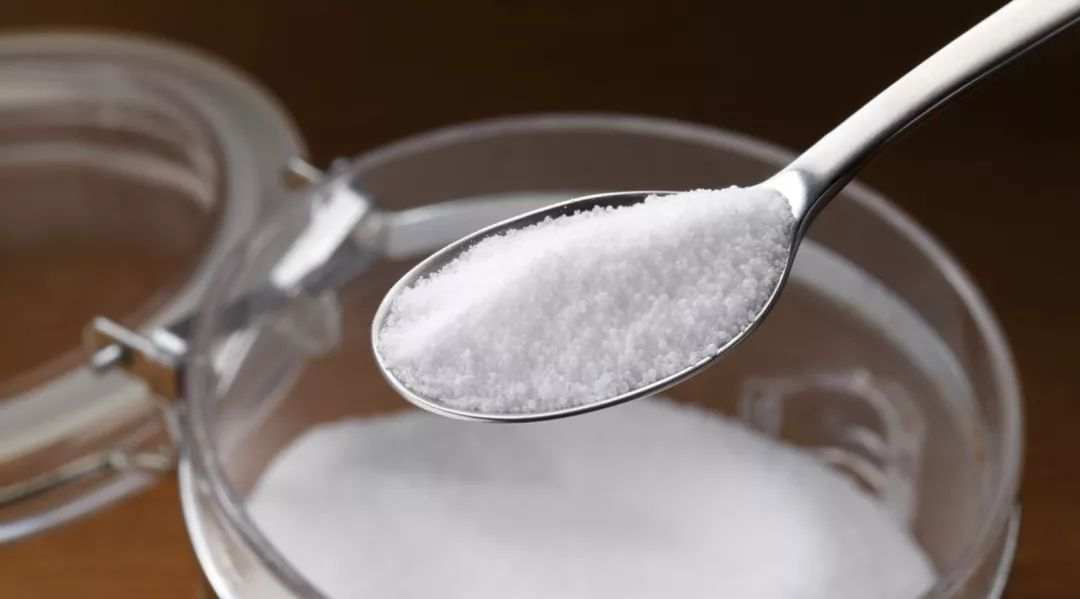Salt always dominates our Chinese dining table.
Does the food not taste good? The simplest remedy is to add some salt.
However, on another Chinese list of diseases and even the list of causes of death, there is a long list of words related to excessive salt:
Calcium deficiency, osteoporosis, hypertension, heart disease, stroke, gastric cancer…
If you also have heavy tastes, you are likely to be the next target of salt.
High salt diet makes people lack calcium.
The more salty you eat, the more calcium you lose.
Sodium in salt has a great relationship with calcium excreted in urine. For every 2300 milligrams of sodium (equivalent to 6 grams of salt) excreted by the kidney, 40-60 milligrams of calcium will be lost.
What’s more, Chinese people generally eat salty food and lose more calcium.

Monitoring of Nutrition and Health Status of Chinese Residents in 2012 Shows:
The salt intake of Chinese residents is 10.5 g per day, far exceeding the 5 g per day recommended by the World Health Organization.
However, China’s per capita calcium intake is only close to 400 mg, only half of the recommended value of 800 mg.
As a result, the loss of calcium is probably not a fraction.
High Salt Diet, Sad, Kidney Injury
Binding to [high salt value], there is also hypertension.
A large number of studies have confirmed that a long-term high sodium (salt) diet is closely related to the rise of blood pressure.
When you eat salty food, you want to drink more water. This water will be stored in the blood, resulting in an increase in the blood circulation throughout the body, thus causing [high pressure] on blood vessels and rising blood pressure.
In addition, when sodium (ions) in the body increases, the peripheral resistance of blood vessels will also increase, resulting in an increase in blood pressure.
Blood vessels are like a rubber tube. The more water there is, the greater the pressure on the wall of the tube, and the more uncomfortable people will be.
There are also many hypertension patients who do not have obvious discomfort, so they don’t care much. This idea is very dangerous.
The harm of hypertension lies not in the symptoms it causes, but in the fact that it tests every blood vessel in your body with high pressure.

It can be said that no organ can escape the damage caused by long-term hypertension. Organs such as the heart, kidney and vascular function, which are most closely related, often bear the brunt.
It is only a matter of minutes to eat salty food willfully, to be sad, to hurt the kidney, and even to endanger one day’s blood vessel rupture.
High Salt Diet Is the Pushing Hand of Gastric Cancer
Countries with high incidence of gastric cancer all have such characteristics: salty food and heavy taste.
Chinese salted fish has even become a famous carcinogen and has been blacklisted by the International Agency for Cancer Research (IARC).

Photo Source: Official Website of China CDC
China, with 18.5% of the world’s population, claims nearly 50% of the world’s gastric cancer cases every year.
Getting gastric cancer is followed by various taboos, growing thinner and endless pain.
Stomach is an important link in food digestion and absorption. If it breaks down, it is very difficult for the human body to run normally. Therefore, many people die of gastric cancer every year.
In 2015 alone, 679,000 people were newly infected with gastric cancer, and the death toll from gastric cancer reached 498,000, accounting for 18% of the total death toll from cancer.
No matter the number of cases or deaths, gastric cancer is firmly ranked 2nd on the list of malignant tumor killers.
The incidence of gastric cancer in nearby South Korea is also very high. This is inseparable from their high-salt diet of kimchi.
The accumulated harm of small grains of salt is so serious that many people are completely unaware of it.
Eat too much salt
Bones, kidneys, hearts and stomachs all suffer
Some people may say that although I eat salty food, it may not exceed the standard.
This is really possible. Most people eat too much salt. Some casual behaviors will make you eat too much salt.
According to statistics, 65% of adult residents consume more than the daily limit of 6g of salt.

How much salt is the right amount? In the 2015 edition of the U.S. Dietary Guidelines, the average daily intake of sodium should not exceed 1500 milligrams.
Is 1500 milligrams a what concept? To give a few examples, you can feel it.
100 grams of pretzels contain about 1715 milligrams of sodium.
104 grams of potato chips with 636 milligrams of sodium, which is still the smallest package.
The sodium content of 80 grams of beef jerky is about 1600 milligrams.
There are 3 grams of salt, or about 1200 milligrams of sodium, in the common 22 egg noodles, accounting for 60% of the total amount of salt used throughout the day.
That is to say, a bowl of egg noodles without any seasoning is equivalent to the amount of salt used for two meals.
In addition, there are many foods that are not salty but have a lot of salt, such as cola, egg yolk pie, yogurt…
In short, there are 100 ways to eat salt exceeding the standard.
Adults should not eat more than 6g of salt every day. Sprinkle some salt casually when cooking, and it will exceed in minutes.
Eating light, eating less salt and making one’s body better are the greatest responsibilities and love for one’s family.
This article has been examined by Wu Yuan, a physician in the First Affiliated Hospital of Xi’an Jiaotong University.
Source of cover photo: www.hizy.net Genuine Photo Library
Responsibility: Homestead
